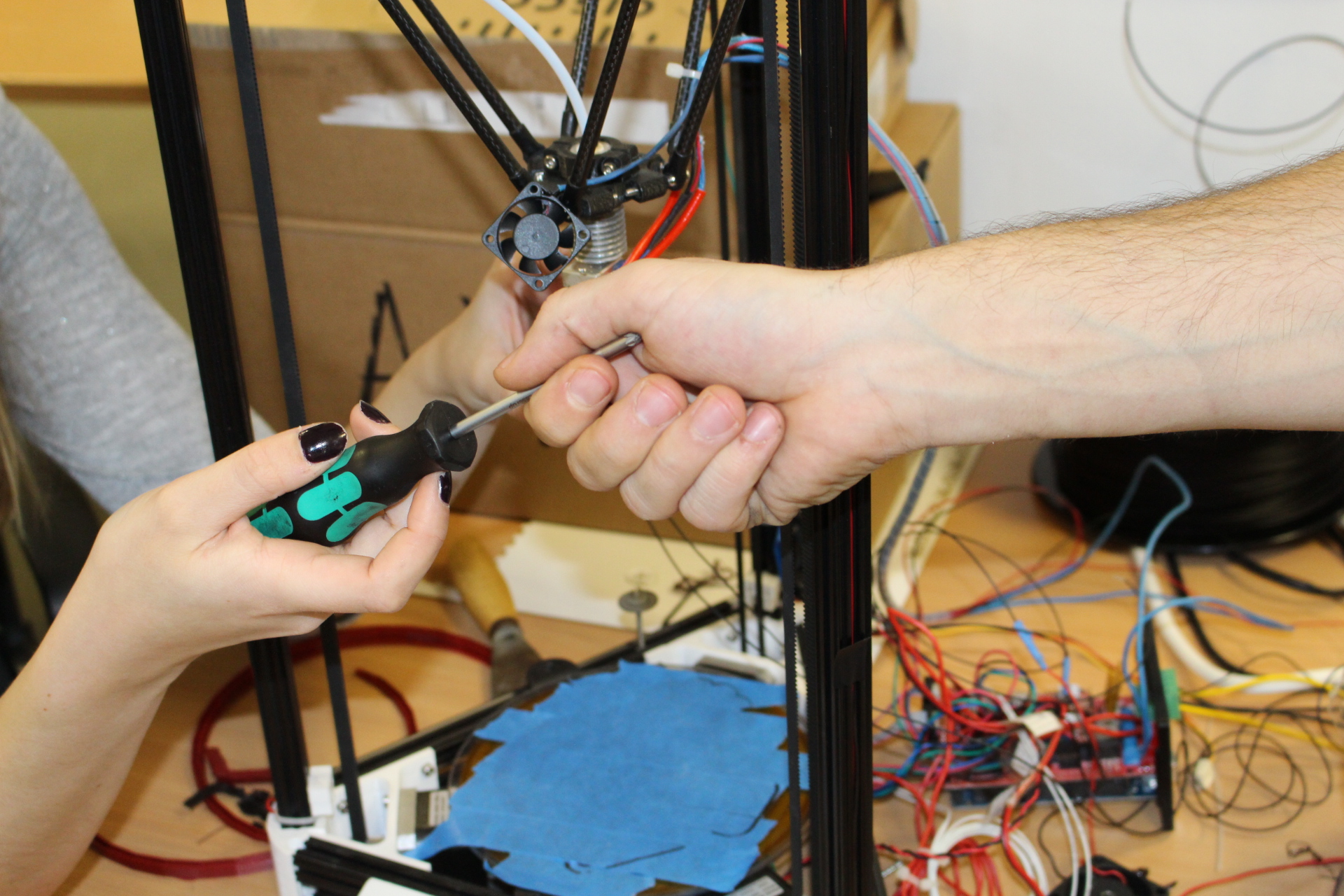Risks you take when working illegally:
- You may get little or no money.
- You don’t have insurance against accidents.
- In case you get caught, you can get a fine.

The rights and obligations of employees are precisely regulated in Germany. We have compiled an overview of important questions here.
Before you part at the end of the conversation, you should discuss how to proceed. When will you hear about the results of the interview? Is there perhaps a second round of interviews? Is there an additional placement test?
The formal „Sie“ is the usual form of addressing your conversation partners at the job interview – unless the „Du“ is explicitly offered to you.
Here it is a matter of personally confirming the good written impression one has already made. It starts with the outward appearance: depending on how you dress, you are perceived differently. If one applies for a position in the office, one appears more credible in a job interview in business attire than if one appears in a smart suit for a job interview for a job as a landscape gardener.
The interview begins with small talk, the polite exchange of uncritical topics such as travel, the weather, etc.
Then it is all about getting to know each other. On the one hand, the company wants to know: has one prepared oneself well for the interview and does one know about the company and its special features and services? On the other hand, it’s about getting to know the applicant – both professionally and personally: so you can prepare yourself to be asked about stages in your own CV. These could be questions about professional experience in similar areas, or about training stations, other experience, language skills, social commitment, etc. What are your strengths or weaknesses? How do you deal with conflicts? How do you deal with stress?
The company expects you to be interested in getting to know them yourself: when asked “Do you have any questions for us? Such questions can be written down in a small booklet, which you can bring to the interview.
Hurray! The first hurdle has been cleared: your own application was so convincing that it stood out so positively from the mass of submissions that you are now personally invited for an interview. Now it is important to convey the written impression convincingly in person.
Usually you only have one chance to introduce yourself personally. In large companies the interview takes place in the personnel department, in smaller companies also directly with the managing director.
Job interviews usually follow a certain structure for which one can prepare oneself. For preparation it is good to remember again: why do I want this job? Why do I want it with exactly this company/organisation? What talents do I bring to the job? But also: which weaknesses do I have – and why are they not so important?
Electronically or by mail? The job advertisement usually provides information on this.
By mail: Cover sheet entitled “Application”, with a reference to the post for which you are applying, name and address, preceded by
Electronic:
– make sure that the file does not become too large
– Mail the application for the test to yourself first
– use a serious mail address (e.g. vorname.nachname@provider.de)
Qualifications and diplomas are important in Germany. If you have certificates from home, you can have them translated and recognised. If you do not have any qualifications, take advantage of the opportunity to take part in qualification courses! Our interactive map provides an overview of where you can get advice.
Without language skills you have a poor chance of finding a job. That is why you should definitely take advantage of opportunities to take part in language courses! You can also find an individual overview with our language course wizard.
Risks you take when working illegally:
Yes, in the event of illness the employee is obliged to notify the employer in good time by telephone.
One should always write down when and how much work was done. As a rule, a maximum of 10 hours (+ breaks) is worked.
Workers have the right to breaks. It should be clarified in advance when breaks are to be taken and when they are to be observed.
Yes. If you’re late, you miss your chance or can lose your job.
Germany has strict rules on occupational health and safety. Depending on the industry, it is necessary to wear protective clothing. Also very important: understand warnings!
A written employment contract must be signed between the company and the employee within the shortest possible time. The contract must in any case contain information about the duration of employment and the salary.
It is possible to work legally for either a short or a long time.
Short: in a private household, as a substitute in a company.
Long: As an employee in a company.
All companies are required by law to register the people they employ with the authorities. Otherwise they are liable to heavy fines. For this the company requires from the person among other things: identity card/passport, registration, tax ID, health insurance – if available.
The payment is usually made by bank transfer. Depending on the agreement, this takes place in the middle or at the end of the month.
In most jobs you earn at least 8.50 € / hour gross. Exceptions are for example in the agricultural sector, as well as at newspaper/package delivery companies.
With the registration you register your official residence in Dortmund / Germany. This is done at the Bürgerdienste.